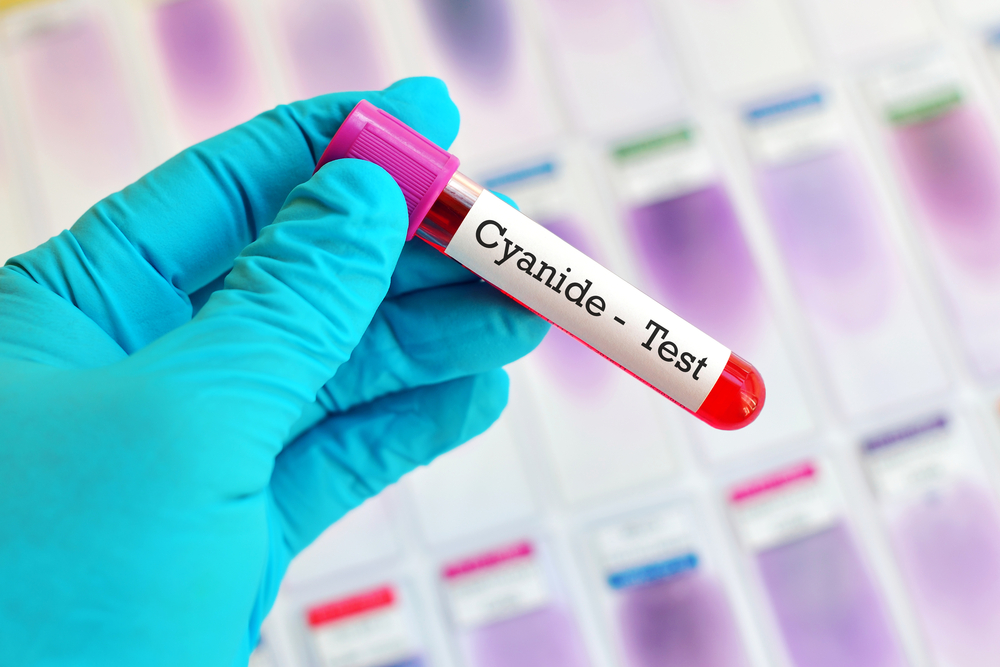
Emergent BioSolutions said on Monday it has been awarded a contract valued at approximately $63 million by the Biomedical Advanced Research and Development Authority (BARDA) for the development of the first antidote spray device for treatment of acute cyanide poisoning.
The single-use intranasal spray is intended for use by first responders and medical personnel and works by delivering a single-use dose of a stabilized form of isoamyl nitrite (SIAN). Development of the new drug is part of Emergent BioSolution’s and BARDA’s efforts to develop medical products to protect public health in the event of a terrorist attack, including those using chemical agents like cyanide.
“Emergent has a successful history of developing medical countermeasures that address the U.S. government’s top priority public health threats,” Sean Kirk, senior vice president of Manufacturing Operations at Emergent, said. “The development of the intranasal SIAN device will expand the company’s portfolio of novel devices to combat chemical threats.”
SIAN is a compound typically used to treat angina pectoris and severe chest pain caused by an inadequate supply of oxygen-rich blood to the heart.
A highly toxic agent, cyanide has been used in decades past as a chemical weapon in World War I, the Holocaust and most recently during the Syrian Civil War.
“Cyanide is easily obtained, and exposure to high levels of the chemical can cause death within minutes,” BARDA Director Rick Bright said. “All currently approved cyanide antidotes are administered intravenously, which takes time, training, and medical resources. To save lives, first responders need a treatment they can administer easily within seconds in the field.”
BARDA operates under the Office of the Assistant Secretary for Preparedness and Response within the U.S. Department of Health and Human Services.
Under terms of the five-year agreement, Gaithersburg, Maryland-based Emergent will work in tandem with the Southwest Research Institute of San Antonio, Texas, in order to advance the development of SIAN for licensure. That process includes completing regulatory activities required to submit an application to the U.S. Food and Drug Administration (FDA) for an investigational new drug.
If accepted by the FDA, the license will enable Emergent to conduct nonclinical and clinical safety studies, manufacturing activities, quality assurance and management work, and administrative processes needed to advance the treatment to a Phase 3 clinical study.
“We are excited about the potential of this product candidate to meet the needs of both the government and commercial markets,” Kirk said.




